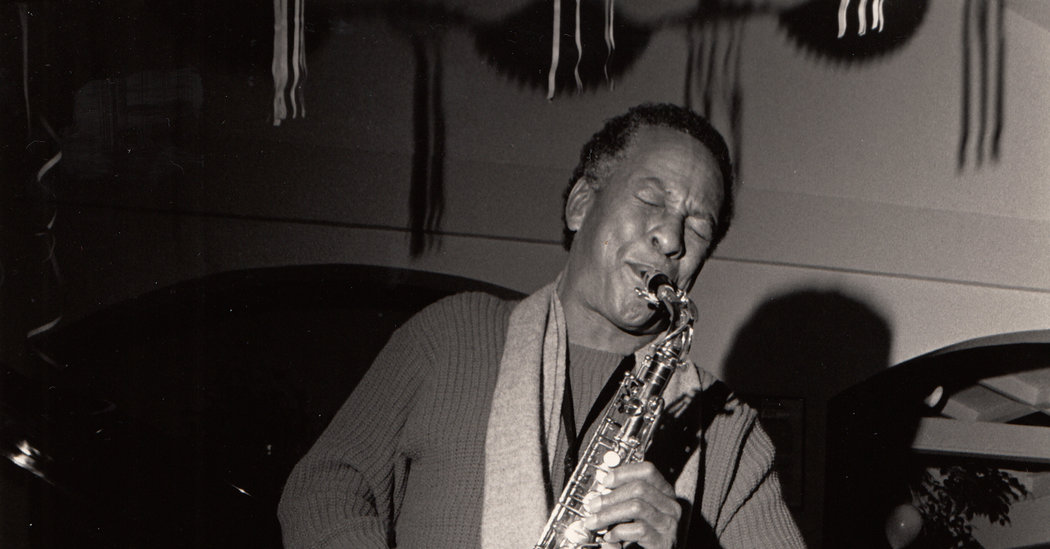Review: 'Sound of Redemption' Rings a Similar Tune
Samuel Kaufman ’19 / Emertainment Monthly Staff Writer

The movie, directed by N.C. Heikin, delves into the life story of Frank Morgan, one of the most famous and talented jazz saxophonists in America, who spent much of his life in and out of prison due to heroin addiction and its numerous ramifications. In 1985, Morgan left jail for the last time, got clean and made a successful comeback, proving to the world and himself that he could overcome adversity to still be a great musician. To tell this story, the director utilizes the effective but familiar methods of talking head interviews with Morgan’s friends and family intercut with Ken Burns pictures, archival footage, and an almost ceaseless soundtrack of jazz. The propelling force through this movie is the Frank Morgan tribute show that the film keeps cutting back to, a mix of spoken life story and breathtaking jazz performed at Morgan’s old stomping ground, San Quentin prison, which grounds the narrative and provides a “home base” for the film to work off of. There are some unique stylistic choices here, but for the most part, this is all well trodden territory. This layout may not be cutting edge, but the filmmakers nail the execution. Mostly.

The story jumps around and doesn’t always agree with itself. There are non-sequesters and tonal inconsistencies which not too glaring, they are noticeable, and detract from one’s enjoyment and understanding of the the film. A successful biographical documentary should leave the viewer satisfied with a full, complete understanding of its subject, and although Sound of Redemption comes close, it leaves just enough questions unanswered to qualify as being irksome. There were definitely some topics that necessitated more time than they were given, which is particularly regrettable because at just one hour and 22 minutes, Sound of Redemption only squeaks by as a feature length film. It is rare that a film suffers from being over-edited, but in this case the movie would have benefited from being fifteen or twenty minutes longer.

Overall Grade: B+
[embedyt] http://www.youtube.com/watch?v=pRRITxoJtQk[/embedyt]